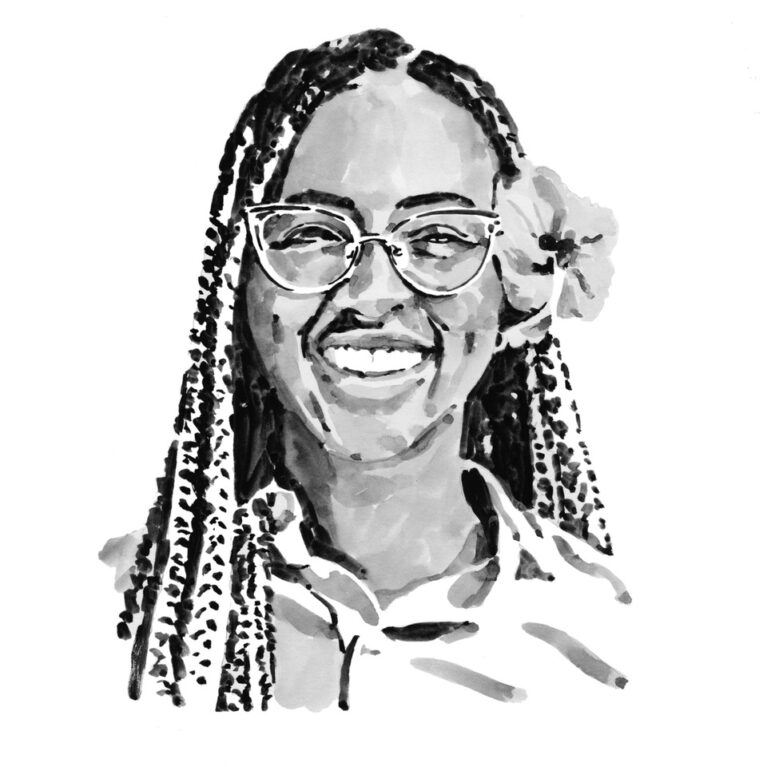Building future conservation leaders in The Bahamas
Building a generation of critical thinkers and fostering a sense of connection are what Rachel’s work at the Cape Eleuthera Island School in The Bahamas is all about. By challenging children to seek out the answers to their questions themselves and enabling them to visit important marine ecosystems, Rachel is encouraging new advocates for the environment and empowering them to make changes in their world.
I am a passionate and committed interdisciplinary scientist and outdoor educator with roots on the beautiful island of St Lucia. After completing a Bachelor of Arts from Rice University in environmental science and theatre, I received a Fulbright undergraduate research scholarship to develop participatory methods for showing and sharing knowledge with indigenous people in Australia. The programme encouraged equitable relationships between indigenous peoples, government agencies and local organisations, putting power in the hands of the traditional owners of the land. Through this work I found my passion for environmental education. I continued to learn about the impacts of...
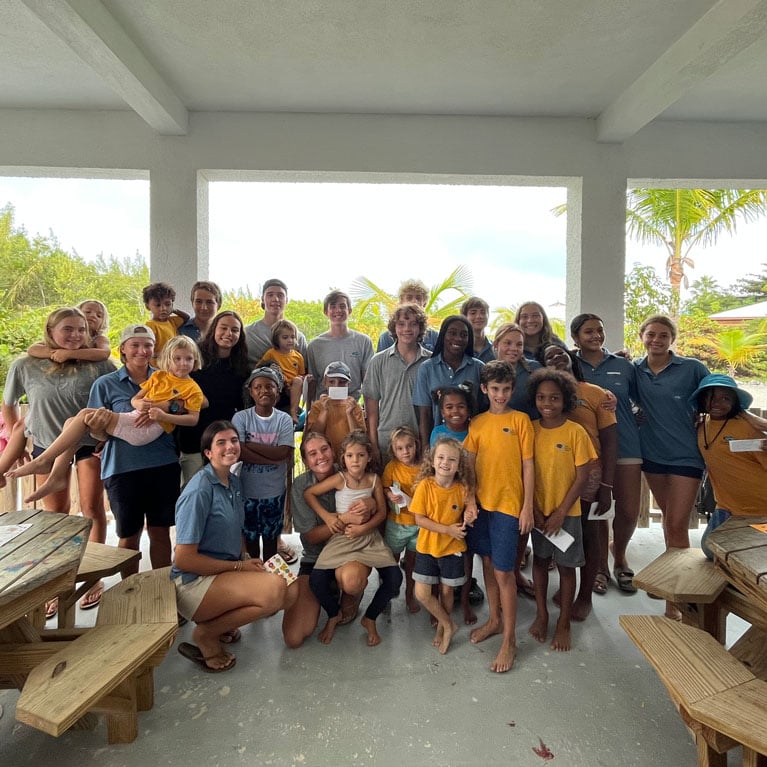
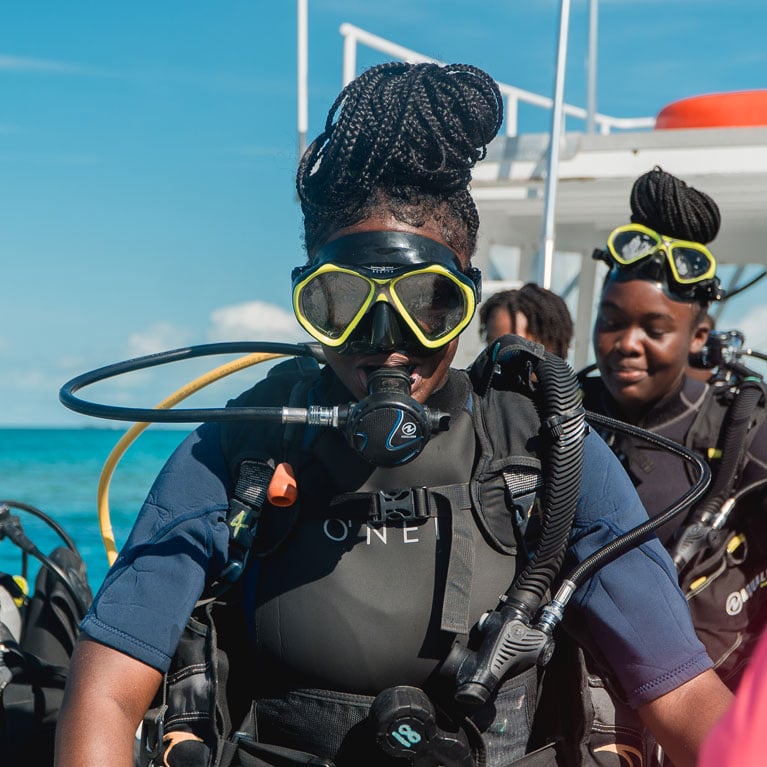
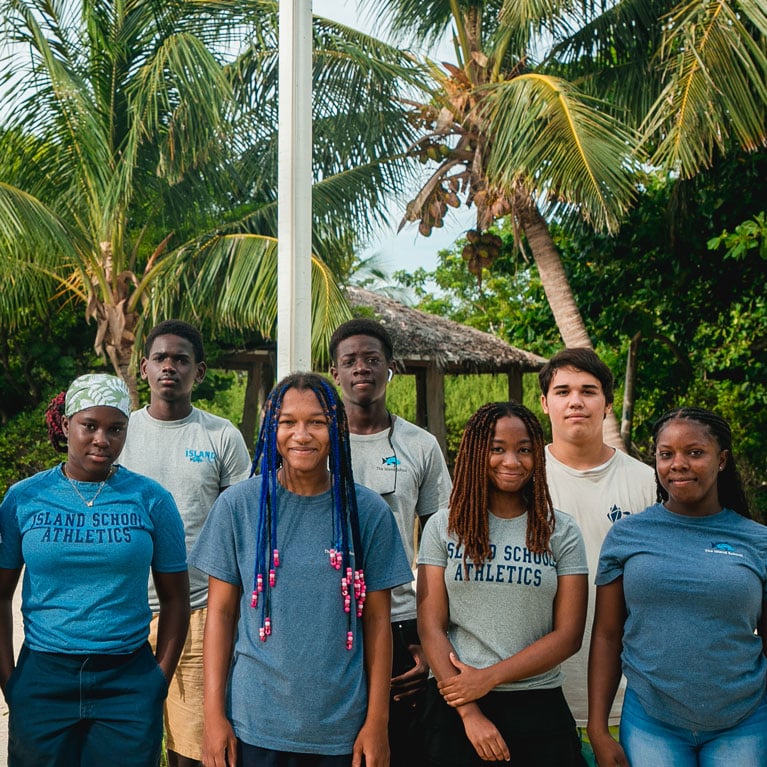
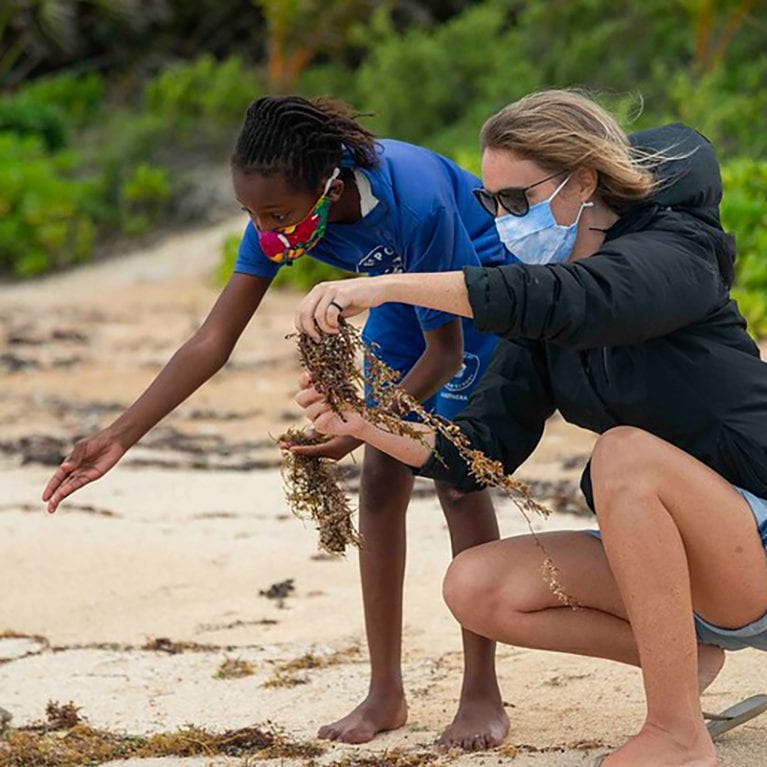
Building future conservation leaders in The Bahamas
The purpose of this project is to support students from primary school through high school across South Eleuthera in reading growth, facilitating experiential learning outcomes, extracurricular and academic support to take place after school hours, and readiness beyond high school graduation.
The Island School’s emphasis on place-based learning connects students more intimately with their environment and on-going efforts for sustainable development and environmental stewardship in South Eleuthera. We combine these efforts with interventions to support enrichment programs for the students we work with.
The Island School’s local programs serve over 120 students annually, elevating how students are integrated into The Island School’s greater community. Working directly with research scientists in the field, collaborating with semester students on education programs, building with staff during community days, and supporting our local farmers and innovators throughout the Island School organization are just a few highlights. Through our shared investment we have deepened relationships among staff, students and families at The Island School and in the Deep Creek community to support learning outcomes of the next generation of young leaders in The Bahamas.
-
- Offering dynamic learning experiences offered outside of traditional classroom settings
- Develop a deeper connection with the natural environment
- Support academics and engage in activities to build character development
- Gain real-world experience and mentorship

